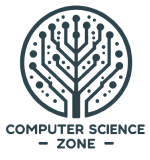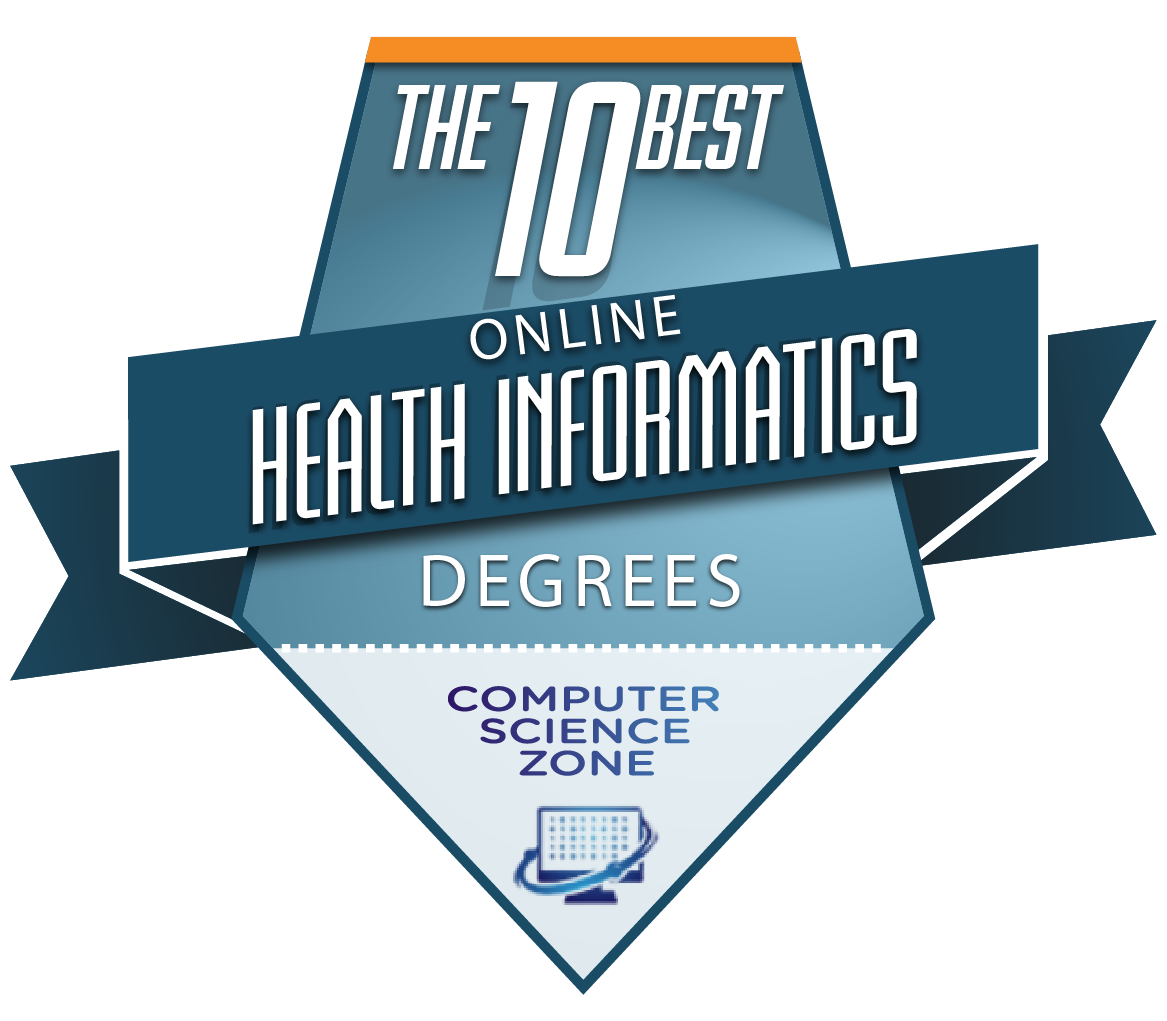
If you’re a healthcare professional, you’re working at a turning point in health politics, economics and technology. Healthcare organizations are still transitioning their systems to the Internet, and they need competent professionals that can help them improve efficiency, maintain security, design databases and electronic systems, and so much more. With a Master’s in Health Informatics, you can be on the cutting edge of this vital evolution in health. Right now you can earn a Master’s in Health Informatics entirely online in between 18 months to 3 years depending on the program and class schedule you choose. We’ve given you a big head-start to finding an online Master’s in Health Informatics on the ranking below. Before we look at the programs on the list, let’s look at what’s in a Health Informatics Master’s program, and trends within the industry.
Regardless of your background in health, in the programs we’ve ranked you’ll gain advanced skills in areas like:
- Database Security
- Healthcare Project Management
- Analysis
- Research
- Health Law and Ethics
- Health Economics
- Health Information Systems
- And much more.
Let’s take a look at some industry trends:
- The Bureau of Labor Statistics found employment for Health Information Technicians will increase 13% from 2016 to 2026, leading to 27,800 new jobs (which is faster than average occupations).
- It also found Medical and Health Services Manager positions would grow 20% between 2016-26, which means 72,100 new jobs. Their 2017 median salary was $98,350 per year.
- In a Health Informatics Master’s you’ll be qualified to work in one of the estimated 190,000 unfilled data analytics positions, and also to work in health management, a stellar combination.
- Overall, the health industry is expected to make up 14 percent of the national economy by 2025.
Clearly you can see the value in earning one of these degrees. They’ll also help you build extremely useful skills in analysis, decision-making, leadership, project management and much more that will apply throughout your life and career. Throughout these programs you’ll learn how to improve health systems for an organization and the people it cares for. This is a fulfilling, lucrative career path, and the first step is finding the right health informatics program for you and applying. Whenever you find a school on the list that feels like a good fit, make sure to contact their support staff and request more information. You’ll often find compassionate professionals that are eager to help you in your application process. So what was our methodology on this list?
The following programs were ranked on the following:
- Affordability
- Graduation Rates
- Retention Rates
- Student-to-Faculty Ratios
- Academic Quality
- Flexibility
- Special Features.
Let’s get to the ranking!
1) University of Denver

The University of Denver, or DU, is a four-year, independent private school. It’s the oldest university in the Rocky Mountains, founded in 1864. DU offers programs and degrees in law, business, music, social work, education, among many other disciplines. DU has grown parallel to the city of Denver, which boomed in the post-World War II migration to Colorado, and is now seeing an influx of transplants from across the country. It now serves over 11,400 students, and offers them the uncommonly low student-to-faculty ratio of 11:1. The University of Denver was ranked 87th among all public and private national universities in the U.S. News & World Report 2018 rankings. DU is also known for its University College, which is a school of professional and continuing studies that DU created in order to offer graduate certificates and master’s degrees online.
DU offers an online Master’s in Health Data Informatics and Analytics through its University College. It can be completed in as little as 18 months. Students will learn to use data analytics and informatics tools through connecting with patients, providers, payers, and other groups/individuals. They’ll learn to create, record and report data, and then use informatics to contextualize that data and create solutions to pressing issues within the health industry. The next start date for this program is January 7th. Sample core courses include Healthcare Project Management and Professionalism, Healthcare Database Applications, and Healthcare Data and Delivery by Perspective.
- Homepage
- Cost: 11th ($660 per credit hour)
2) University of South Carolina

The University of South Carolina is a public research university based in Columbia, South Carolina. It was founded in 1801, and is the flagship school in the University of South Carolina System. SC offers more than 350 programs of study, and coveys bachelor’s, master’s, and doctoral degrees through fourteen degree-granting colleges and schools. It’s known for its professional programs, which include business, engineering, law, medicine, pharmacy, and social work. USNR has ranked its Graduate Health program 23rd in the nation. Over 34,700 students attend SC, which has a 17:1 student-to-faculty ratio.
SC offers an online Master of Health Information Technology. It can be completed in 18-24 months, and requires 36 credit hours. Students will learn how healthcare has changed in the digital era, and with the policy changes from the Obama administration. Graduates will be prepared to help healthcare organizations become more efficient, and do a better job protecting their data. Students will build skills in analytics, project management, healthcare finance, administration, technology, and so much more. Sample courses include Management of Health Information Systems, Health Economics, Health Database Systems and Telecommunications for Health Information Systems. Students also do a 16-week internship as part of this program
- Homepage
- Cost: 4th ($554 per credit hour)
3) University of Cincinnati

The University of Cincinnati is a public research university in Cincinnati, Ohio. It was founded in 1819 as Cincinnati College, and is the first higher learning institution in the city. UC serves over 37,100 students with a 16:1 student-to-faculty ratio. It’s one of the 50 largest universities in the United States. In the 2011 edition of the U.S. News & World Report “Best Colleges” rankings, the University of Cincinnati was first ranked as a Tier One university, and it hit 133rd among National Universities in USNR’s 2018 rankings. Students at UC can access 100 bachelor’s degrees, over 300 degree-granting programs, and over 600 total programs of study, from certificates through doctoral degrees. It features nationally ranked programs in aerospace engineering, anthropology, architecture, classics, composition, conducting, cooperative education, criminal justice, design, environmental science, law, medicine, music, musical theater, neurology, nursing, opera, otolaryngology, paleontology, pediatrics, and pharmacy.
UC offers an online Master’s of Health Informatics. It’s aimed at meeting the growing demand for professionals with IT and healthcare training. The program requires 36 credit hours and can be completed on a part-time schedule in approximately 2 years. Its next start date is December 10th, and its next application deadline is November 18th. Students will build analytical and leadership skills in addition to delving deeply into current IT and healthcare methods, trends and competencies. Students will be taught by Business professors and health care industry experts to further broaden their education. Students can also choose to add a Health Information Security certificate as part of this program by taking 9 extra credit hours.
- Homepage
- Cost: 14th ($747 per credit hour)
4) Concordia University – Nebraska
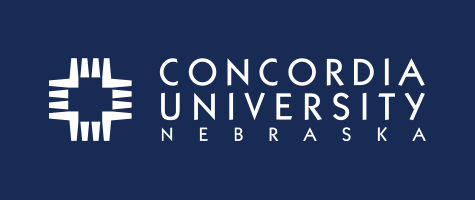
Concordia Nebraska is a private university in Seward, Nebraska. It was founded in 1894. Concordia Nebraska is one of nine schools affiliated with the Lutheran Church–Missouri Synod and part of the Concordia system. It’s divided into three colleges: Arts and Sciences, Education, and Graduate Studies. It’s known for offering degree completion programs and graduate programs online, and also for its affordable programs. Concordia Nebraska offers over 50 undergraduate programs, and several Master’s degrees (a majority of which are offered online). Over 2,500 students attend Concordia Nebraska, which offers a 14:1 student-to-faculty ratio.
Concordia Nebraska offers a 100% online Master of Healthcare Administration (MHA) with a concentration in Health Information Technology. It can be taken in as little as two years, and is taught by healthcare leaders that use an ethical Christian framework in their educational approach. Students will learn to use information technology to improve healthcare systems’ clinical quality, safety/security, and cost-efficiency, all while improving the quality of patient care. The program requires 36 credit hours, and accepts up to 9 credit hours of applicable transfer credits. The program builds to a Practicum in Healthcare Administration. IT concentration courses include Healthcare Systems – Leadership Implications, Cyber-Security, and Health Informatics.
- Cost: 2nd ($500 per credit hour)
5) Regis University

Regis University is a private Jesuit university in Denver, Colorado. It was established in 1877. Regis is one of the 28 member institutions of the Association of Jesuit Colleges and Universities. It’s divided into Regis College, The Rueckert-Hartman College for Health Professions, the College for Professional Studies, the College of Computer and Information Sciences, and the College of Business and Economics. U.S. News and World Report has ranked Regis 23rd among regional universities in the western United States Currently, Regis serves over 8,300 students with a student-to-faculty ratio of 13:1. The university offers 42 distinct online graduate degrees, including Master’s in Information Assurance, Business Administration, and a Doctor of Nursing Practice. It also offers 30 different online bachelor degrees, including Accounting, Computer Science, and Nursing.
Regis offers an online M.S. in Health Informatics. Classes are offered in 8 week sessions, and there are start dates in January, May, and August. The program was created for health care professionals that want to learn how to plan and implement systems planning, design workflow, manage security and electronic health information. Students will also build out their project management, leadership and ethical decision-making skills, all within healthcare environments and classes. Students can choose a track in Information Technology, Health Care Services, or Data Science. Required courses for all students include Workflow and Change Management in Adoption of Health IT, Managing a Secure Enterprise, and Healthcare Performance Evaluation. The program builds to a Capstone Applied Research Project.
- Homepage
- Cost: 9th ($625 per credit hour)
6) Saint Joseph’s University

Saint Joseph’s is a private, Catholic university in Philadelphia, Pennsylvania. It was founded in 1851 by the Society of Jesus. Nearly 8,100 students attend SJU, which has a 11:1 student-to-faculty ratio. SJU offers 60 undergraduate majors, 53 graduate programs, 28 study-abroad programs, 12 special-study options, a co-op program, a joint degree program with Thomas Jefferson University, and an Ed.D. in Educational Leadership. In total it has 17 centers and institutes. Currently, USNR has ranked SJU 12th among Regional Universities North, and 37th among Best Value Schools.
SJU offers an online Master’s in Health Administration that comes with a Health Informatics concentration. It can be completed in 2-3 years. The core curriculum gives students highly desired skills in research, law, and health industry practices that will make them indispensable to healthcare organizations. Coursework in the Health Informatics concentration focus on effective management, development, and evaluation of electronic medical records and other new health technologies. Students will learn how IT infrastructure, applications and more can be used to provide better care. They’ll also learn to manage data efficiently and securely. Sample courses include Computer-Based Patient Record, Health Care and the Internet, and Health Information Management Systems Applications.
- Homepage
- Cost: 22nd ($870 per credit hour)
7) University of Massachusetts – Lowell
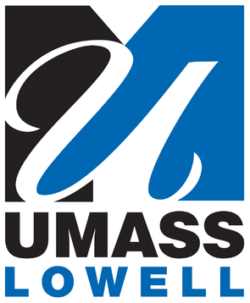
The University of Massachusetts Lowell is a public research university in Lowell, Massachusetts. It serves over 18,300 students and offers a 17:1 student-to-faculty ratio, despite being the second largest public university in Massachusetts. UMass-Lowell is known for its degrees in engineering, criminal justice, healthcare, business, education, music, science and technology. U.S. News & World Report ranked UMass Lowell at 152 among top-tier National Universities in 2016. It’s one of only six schools to rank higher on that list each year between 2010-16. The school jumped 27-spots in the past five years, second-fastest in the nation. USNR also ranked it 78th among top public universities and second in the state. Forbes rated UMass Lowell the 10th best value among all universities and colleges nationwide in 2013, and fourth in value among non-military academies.
UMass Lowell offers an entirely online Master of Science in Health Informatics and Management with an Informatics Concentration. You’ll study health data management, storage, retrieval, exchange and analysis from a technical perspective. Students will learn how to integrate this study in with state and federal regulations, while maintaining data integrity and meeting meaningful use standards. Sample courses include Healthcare Project Management, Healthcare Database Design, Electronic Health Record Systems, and Healthcare Information System Planning. The program requires 36 credits. It culminates in a Capstone Project where students do independent research and development and write a substantial report.
- Homepage
- Cost: 6th ($575 per credit hour)
8) Liberty University

Liberty is a private, non-profit Christian doctoral research university in Lynchburg, Virginia, but that conveys degrees primarily online. The school was founded in 1971 by Jerry Falwell. It’s now attended by over 75,000 students worldwide, and offers a 19:1 student-to-faculty ratio. Liberty offers 290 bachelors, 315 masters, and 32 doctoral degrees through 17 distinct colleges. The vast majority of Liberty students take classes online. There are over 300 different degrees and certifications offered through Liberty’s online wing. It has been classified as a doctoral research university by the Carnegie Classification. According to LU, it’s the nation’s largest nonprofit online university, and has been offering distance learning since 1985.
Liberty offers an online Master of Science in Health Informatics. It requires 36 credit hours and can be completed in two years (on average). It’s designed for students that want to add an understanding of the latest technological advancements in the healthcare industry to their repertoire. Students may currently be in healthcare, or are seeking careers in a health or related occupation. It prioritizes being an advocate for those in need. Up to 50% of the credits for this program can be transferred in. Graduates go on to work as Data Administrators, Data Networking Analysts, Systems Integration Specialists and more.
- Homepage
- Cost: 5th ($565 per credit hour)
9) University of Scranton

Scranton is a private, non-profit, Catholic research university. It was founded in 1888, in Scranton, Pennsylvania. Scranton serves nearly 5,400 students, and offers a 12:1 student-to-faculty ratio. For 23 straight years Scranton has been ranked in the top 10 schools in U.S. News & World Report’s rankings of the Best Regional Universities North. In 2018, it placed 18th on USNR’s Best Value Schools list. Scranton offers undergraduate degrees (Bachelor of Arts and Bachelor of Science) in 65 majors. Students can also choose pre-professional concentrations, like pre-medical, pre-law, and pre-dental. The school also offers graduate degrees in 29 fields, including Accounting, Chemistry, Software Engineering, Theology, Health Informatics, and doctoral programs in Physical Therapy and Nursing Practice.
Scranton offers an online Master of Science in Health Informatics. Students will learn how to make useful, educated, data-driven healthcare decisions that focus on patient care. You’ll take classes that build your computer science, communication, business, information systems and leadership skills. The program was designed for health, business and/or technology professionals, but Scranton offers an on-boarding program for students without backgrounds in those fields to catch them up and prepare them for the program. Sample courses include Public Policy for Health Informatics, Database Principles and Applications, and Principles of Computer Science and Software Development, among many others.
- Homepage
- Cost: 15th ($757 per credit hour)
10) Slippery Rock University
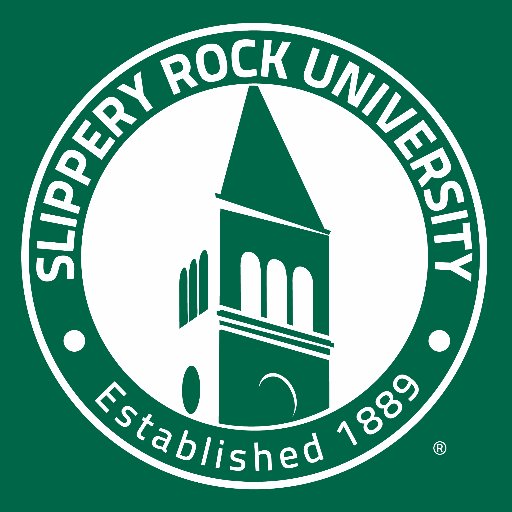
Slippery (also known as The Rock or SRU) is a public, Master’s level university that also offers doctoral programs. It was founded in 1889, and is located in Slippery Rock, Pennsylvania. The Rock is a member of the Pennsylvania State System of Higher Education. Over 8,800 students attend SRU, which has a 21:1 student-to-faculty ratio. It’s known in part for its large campus (611 acres). In 2018 USNR ranked Slippery 78th among Northern Regional Universities.
SRU offers an online Master of Science in Health Informatics. It can be completed in just ten months, the quickest program on the ranking. In it, you’ll learn to establish and maintain information technology systems within a healthcare organization, and ensure those systems comply with organizational policies, regulations, goals, and the law. You’ll prepare to fill leadership roles and work as a bridge between corporate data management and technology departments in order store, retrieve, process and analyze data with cutting edge hardware and software systems.
- Homepage
- Cost: 3rd ($550 per credit hour)
